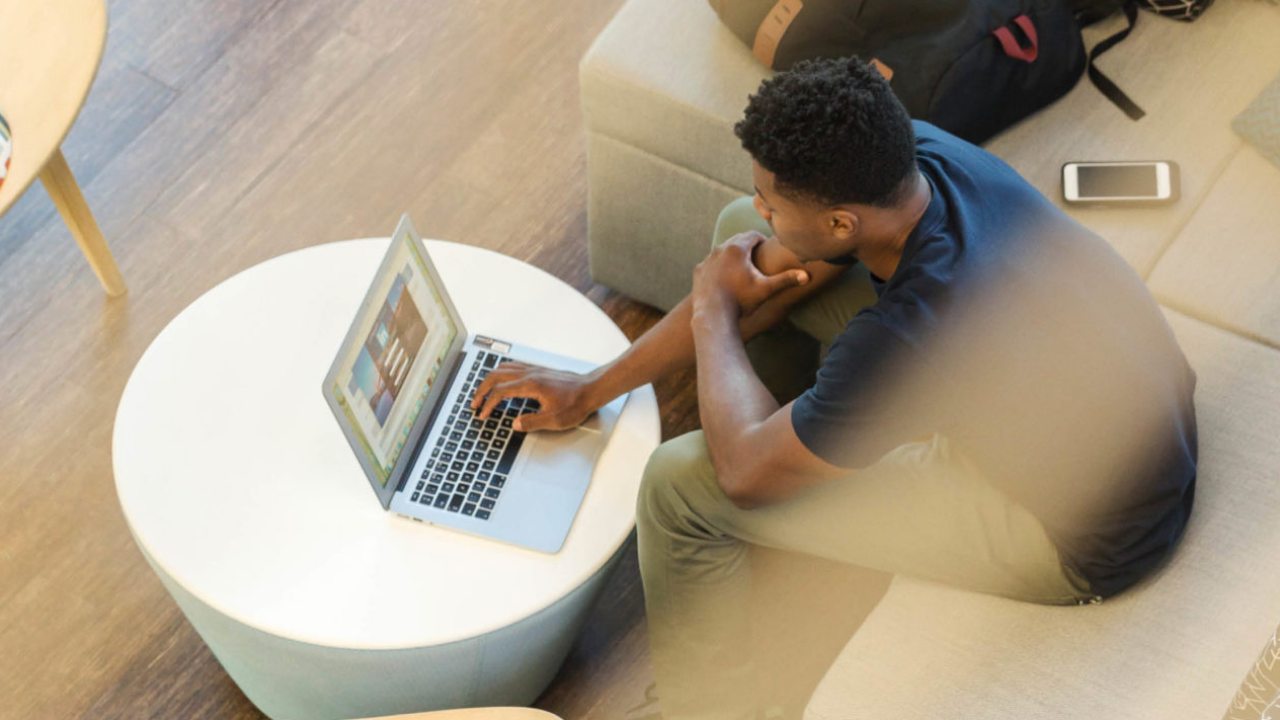Working out of an office is no longer synonymous with the traditional idea of sitting in a cubicle by yourself for the day. Coworking spaces, flexible offices, and remote working are becoming the norm and give workers from all corners of the job market to enhance productivity.
Michael Affronti, VP of product at leading enterprise communications and collaboration provider Fuze, explains about seeing this shift firsthand working at Microsoft HQ in Seattle.
“It was a great experience. I was working on this giant campus alongside 25,000 other people, with every facility and amenity you could possibly want from retail and healthcare to sports and recreation – all at the same location.”
Fuze, a provider of cloud-based technology, functions very differently than Microsoft’s HQ. Team members work out of various time zones, but are still able to collaborate and work on projects simultaneously.
The Fuze Workforce Futures report revealed that 89% of the 6,600 workers surveyed believe that flexible working should be for all workers, not an additional benefit.
“Having the ability to work from anywhere at anytime helps employees be more productive and, as a result, is expected of the modern workforce,” Affronti says. “Workers look at the rigid workspaces and question their effectiveness. They want the option to go to an office or work remotely.”
Technology and millennials are driving this push for flexibility. Coworking spaces are also more cost efficient than a traditional brick and mortar office.
Despite the effectiveness and accessibility of remote work, Affronti says that a physical workplace is still crucial in creating meaningful interactions and that Fuze works out of many coworking spaces. Some companies incentivize in-office hours by providing free lunch and other recreational activities.
Affronti believes that the workplace will continue to change and adapt to using virtual assistant devices, such as Alexa, as well as implementing AR (augmented reality).















